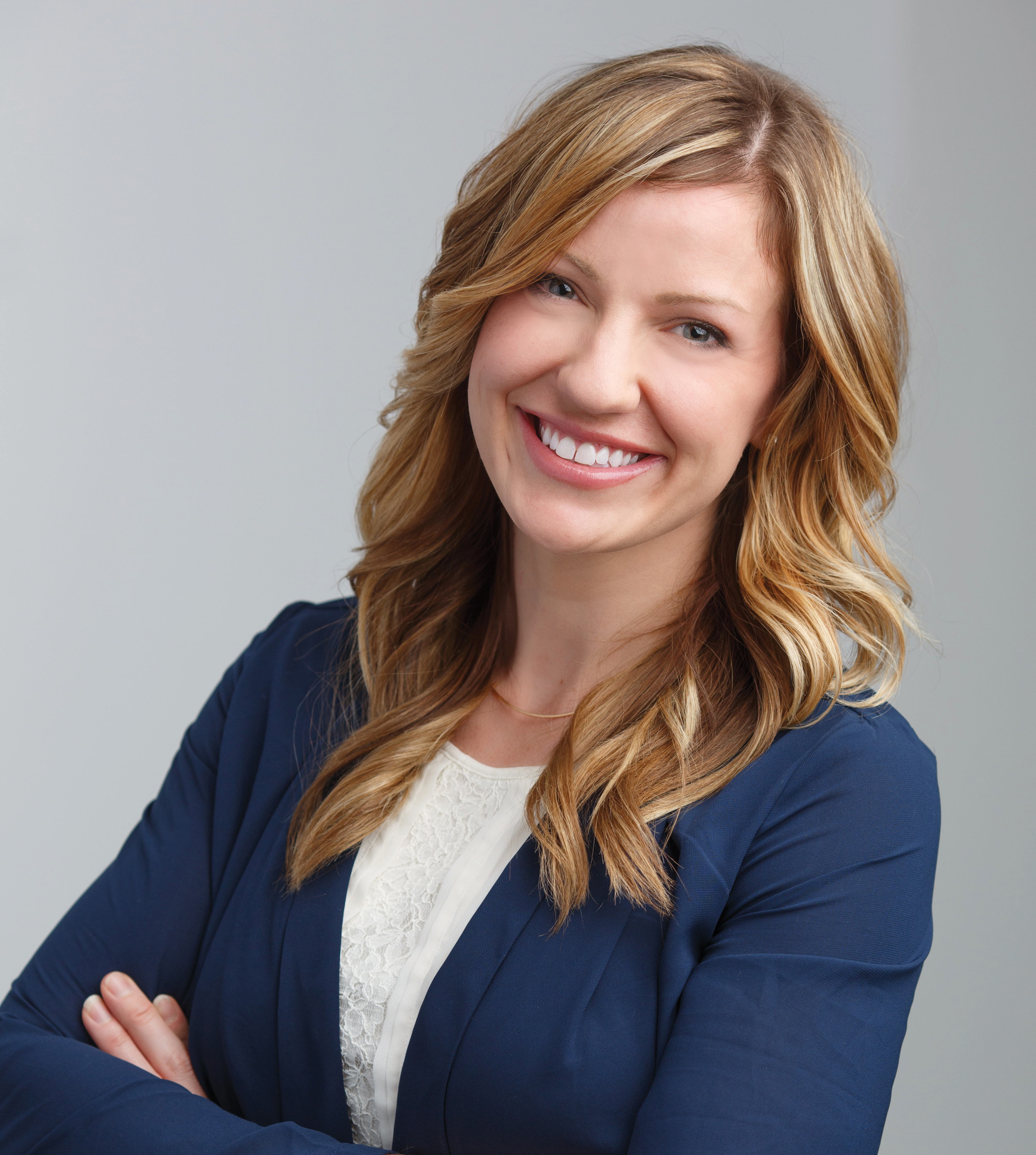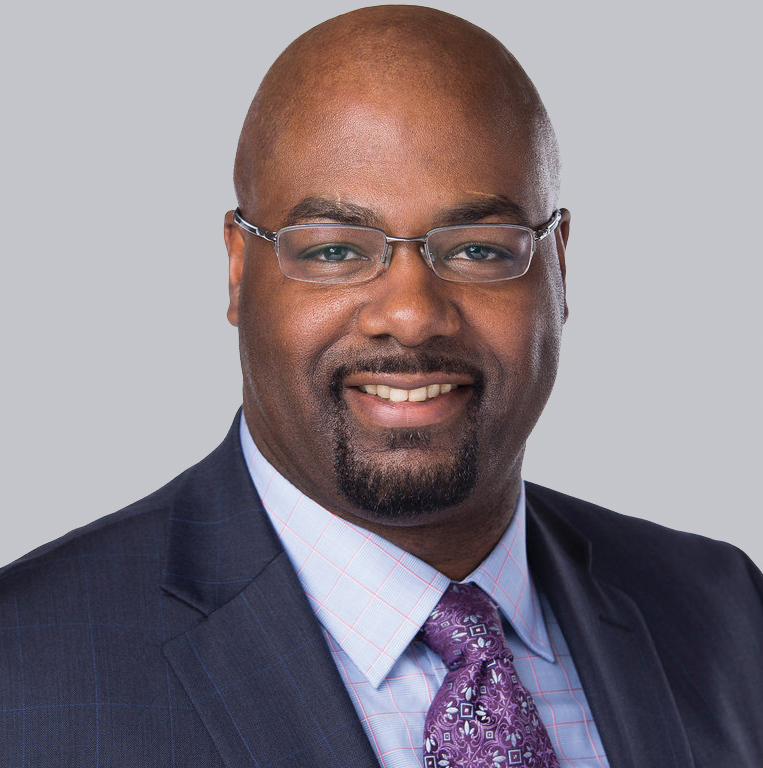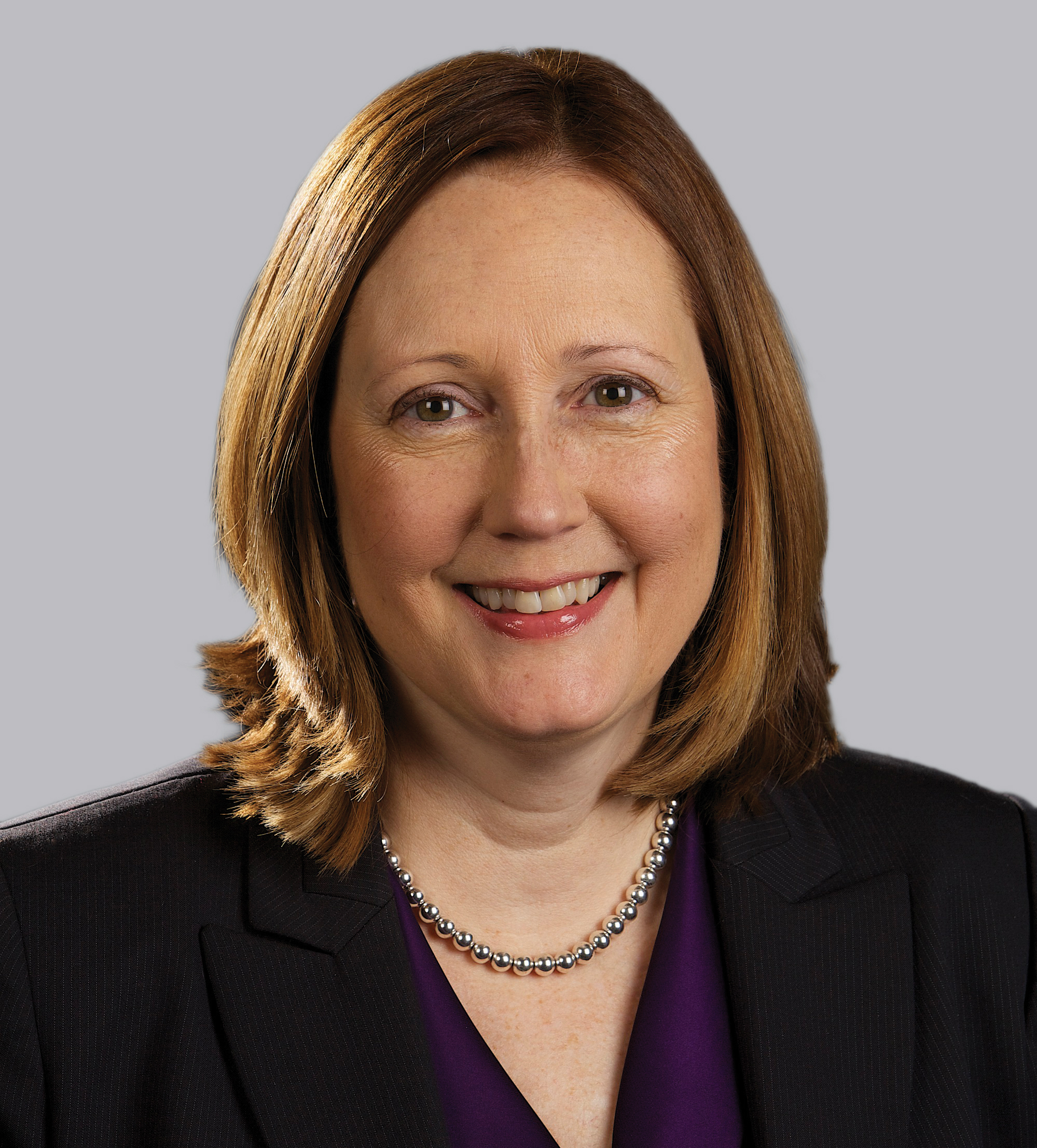No matter which specialty they pursue, students in the College of Education’s master’s program in counseling gain the skills to help others in a wide range of settings. Here are three graduates—one from each specialty—who illustrate the many ways counseling alumni serve.
 Megan Williams (clinical mental health counseling)
Megan Williams (clinical mental health counseling)
It only took one course on substance abuse assessment for Megan Williams (MED ‘11) to discover her passion for addiction counseling.
“I found my niche in addiction and the addiction area of community counseling,” Williams says. As a graduate student, she interned at PEER Services, a substance abuse facility in Evanston, Ill. After graduating, she began assessing patients on an outpatient basis, first for PEER Services and later for Rosecrance in Chicago.
“Once I got my clinical license, I started working at a group practice in downtown Chicago, just seeing patients who needed any kind of counseling,” she says.
Her broad base of experience paid off last year, when she and her husband moved to New York City for his job. Now she conducts assessments of patients with eating disorders for the Eating Recovery Center, which has facilities nationwide.
“I’ve really learned to appreciate the way that DePaul prepared me for the field,” Williams says. She’s stayed in touch with faculty members and her classmates, who can offer backup if she needs it. “I always feel very prepared, but if I ever don’t, I know I have someone to go to for guidance.”
She continues, “It’s weird to say I love addictions, but addiction is where I feel most competent and most comfortable. I loved private practice because you get to really utilize your degree and your license and work with such a wide variety of clients. Private practice really shaped me into being a true clinician.”
 Manuel French (school counseling)
Manuel French (school counseling)
As director of counseling for the Chicago Public Schools, Manuel French (MED ‘05, MED ‘12) makes sure principals understand the value of their school counselors.
“Don’t take counselors—your most important resource— away from students and ask them to be case managers,” he says. The more time counselors spend with students, the fewer cases there will be to manage.
“Students leave their homes with a suitcase filled with emotions they don’t understand how to deal with, and then they show up at school,” he explains. “A skilled counselor understands how to help that student unpack that suitcase and then deal with some of those issues.”
French coaches CPS counselors as they create comprehensive school counseling programs that prevent emotional baggage from growing into disciplinary problems. He teaches them how to be data-driven and student-focused. He’s grateful when the counselors he works with have had the thorough preparation he received at DePaul.
“Our alumni already have experience in the school setting. They know how to do things, things as simple as writing a lesson plan, that makes them effective right away,” he says. “I think DePaul definitely looks at counseling through a practitioner’s lens.”
 Ashley Knight (college student development)
Ashley Knight (college student development)
“I feel like I’m made to be a dean of students. It’s really a great fit for me. I like to solve problems and help people, and that’s just exactly what I do every day,” says Ashley Knight (MED ‘04), dean of students at DePaul.
Knight oversees student conduct, counseling, health and wellness, and services for students with disabilities. She chairs the Student Care Team, which evaluates the need for behavioral intervention. She’s deputy Title IX coordinator. She and her team are actively involved in issues faced by individual students, including conflict resolution and student retention.
“In many ways, challenges for college students are always the same,” Knight says. “The core priorities—finances, families, relationships, academics, and health and well-being—are the same.”
“When people come to DePaul, they are welcomed into a diverse environment that honors the dignity of all people and that provides that education in an urban environment that allows them to manage all their responsibilities,” she says.
In addition to the career preparation she gained at the College of Education, she also appreciated the immediate promotion she received, from coordinator to assistant dean of students at Columbia College Chicago, when she completed her degree in 2004. Since then she has served as associate dean of students at Columbia and as dean of student affairs at Harper College before being named dean of students at DePaul in 2015.
“DePaul was the right place at the right time for me,” she says.